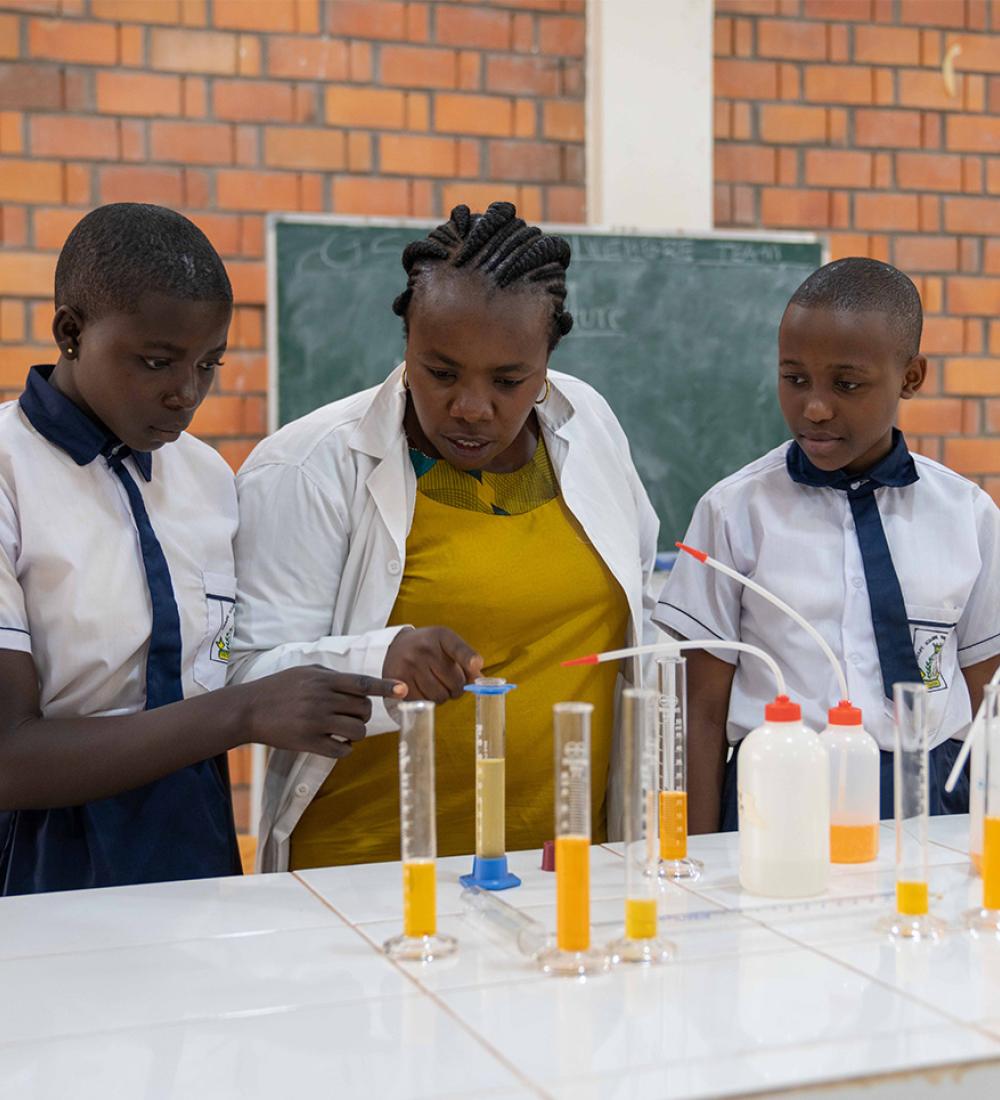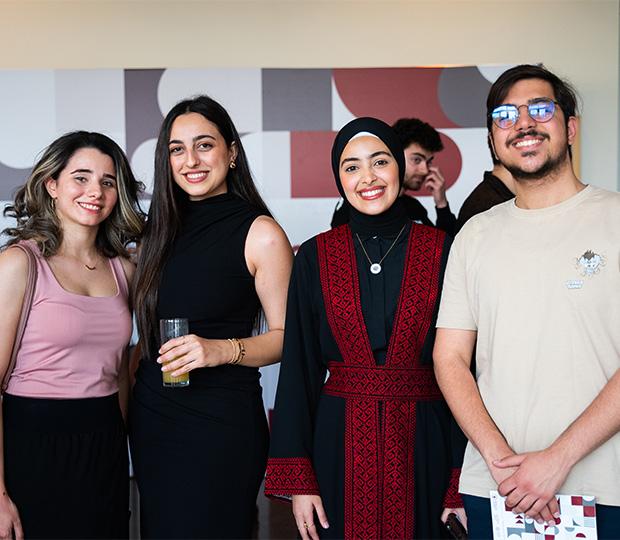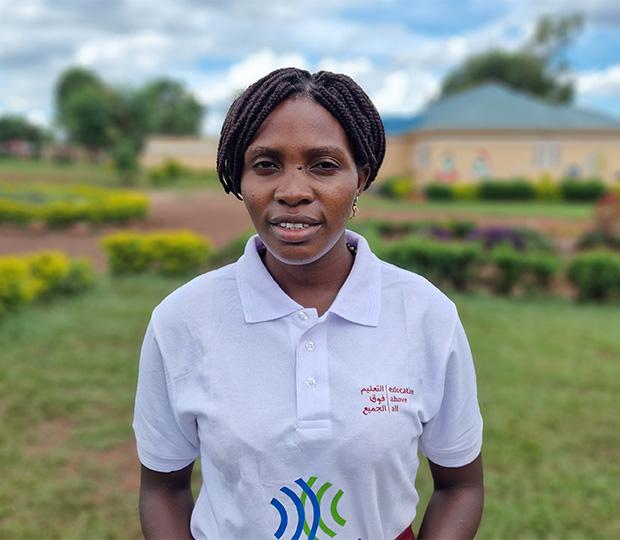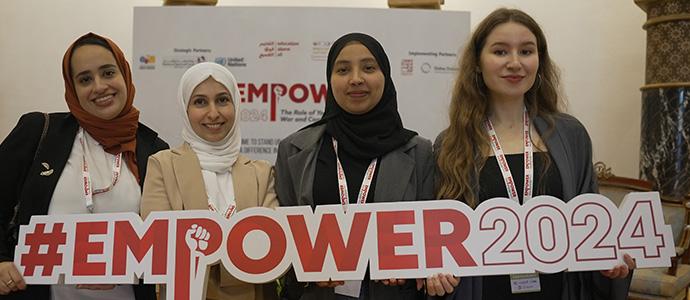The name “Silatech” is derived from the Arabic word “Sila” meaning connection. Silatech remains true to its name as it continues to connect youth with meaningful employment and self-employment opportunities in the Arab region and globally.
Silatech, a programme of Education Above All Foundation, believes that young people are brimming with creativity and energy, and when equipped with the right skills, tools, and opportunities, they can reach their full potential and become transformative change-makers.
Empowering youth is not just about providing support; it’s about fostering self-sufficiency by developing skills, nourishing mindsets, and providing access to resources that lead to fulfilling and self-sufficient lives.
Through fostering economic opportunities by connecting young people to career-building jobs and nurturing innovation and entrepreneurship, Silatech is building a robust ecosystem that enables youth to secure their livelihoods, contribute to their communities, and shape prosperous societies.
Who We Are
Silatech was established in 2008 to connect young people to economic opportunities through innovative employment and enterprise development initiatives. Silatech envisions an Arab region and a world in which young people are thriving - having access to career-building jobs and meaningfully contributing to the socioeconomic development of their societies.
Our Impact
Silatech has connected over 3.3 million youth to economic opportunities across 23 countries. By forging partnerships with governments, international organizations and UN agencies, private sector companies, and civil society, Silatech is on track to reach its goal of impacting 5 million youth by 2027, ensuring they overcome barriers and achieve their livelihood potential.
How We Do This
- Access to employment: Connecting young people to sustainable employment and self-employment opportunities through delivering holistic employability programmes
- Access to Finance: Providing funding solutions for startups and small businesses.
- Capacity Building: Equipping youth with skills training aligned to market needs.
- Entrepreneurship Support: Offering business training mentorship and resources to aspiring business owners.
- Innovative Financing: Using models like microfinance and social investments to sustain programs.












